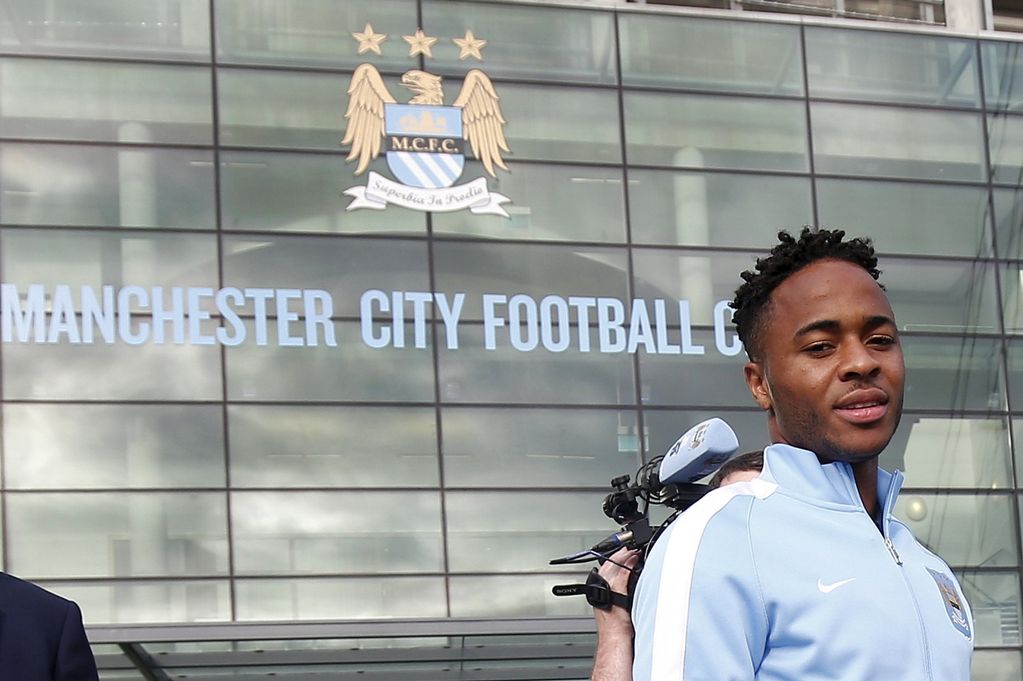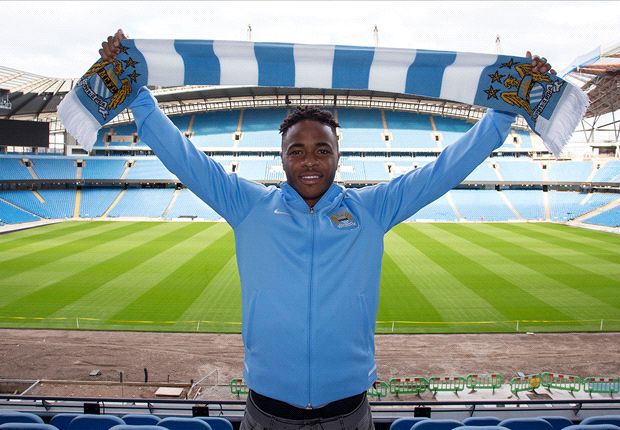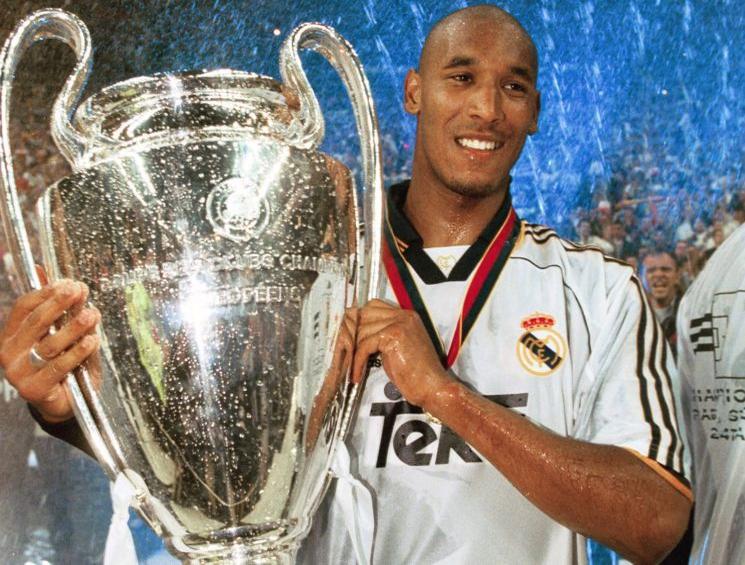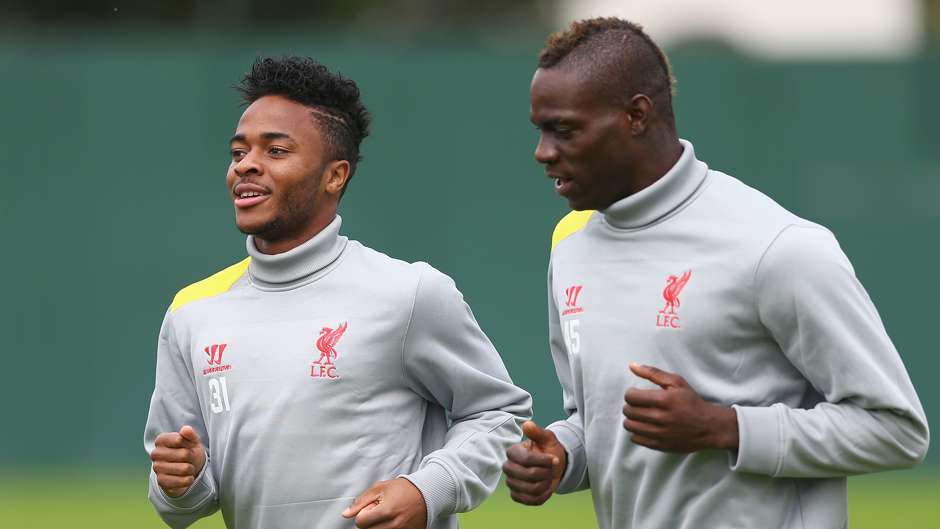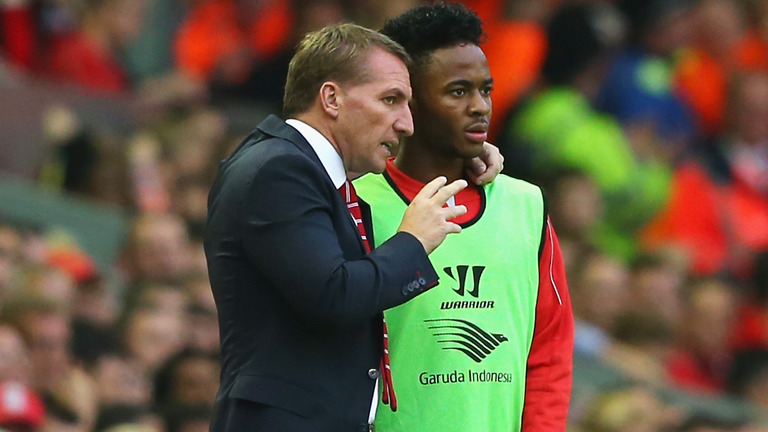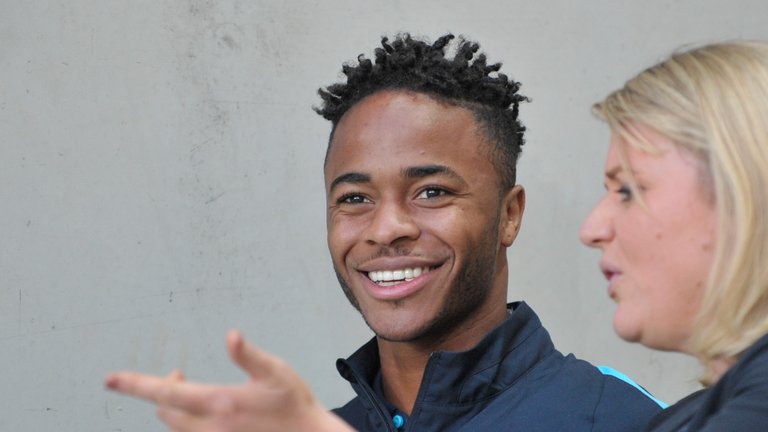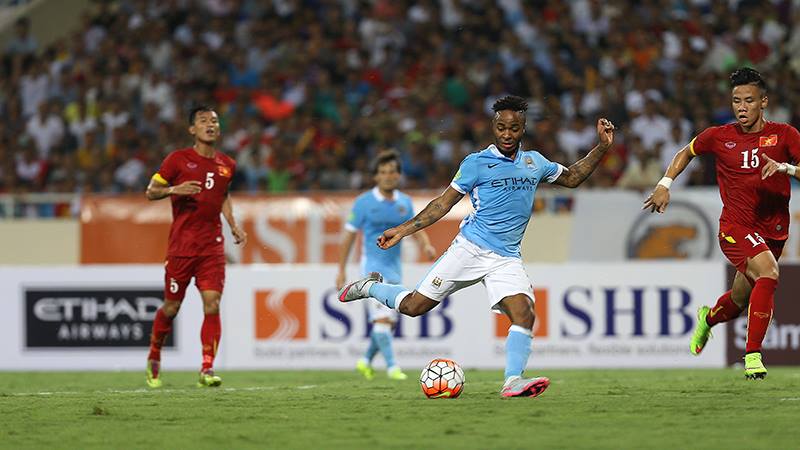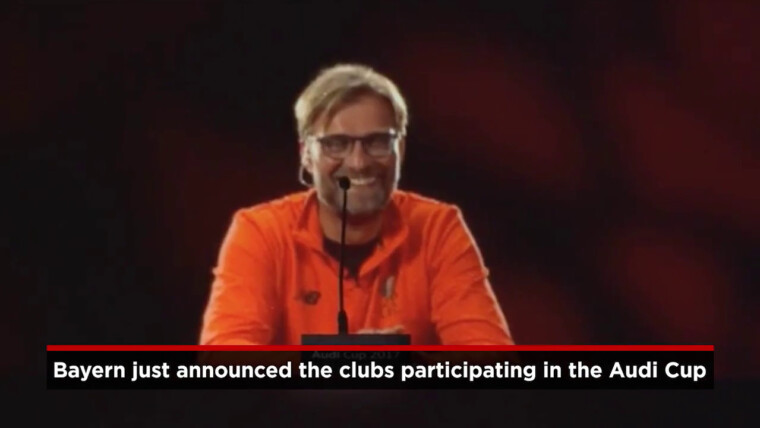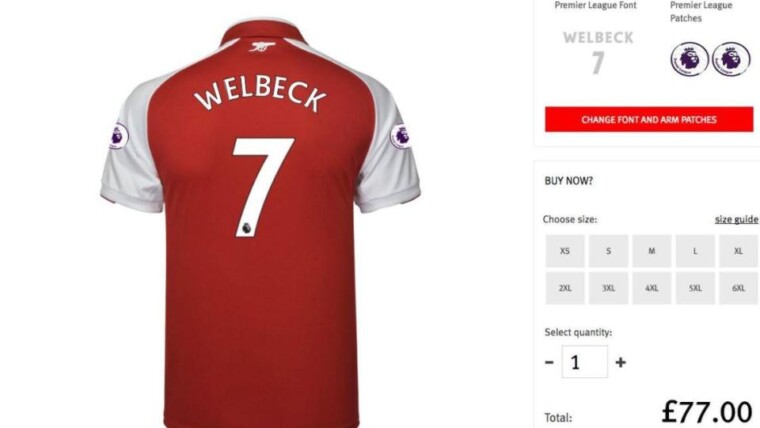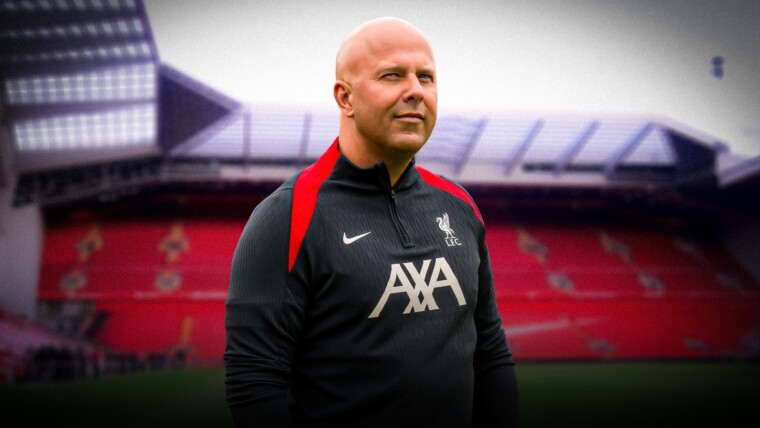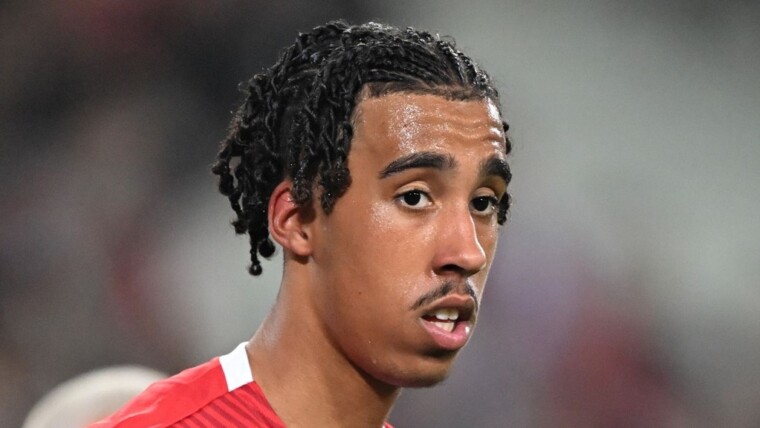On the face of it some of the statements Sterling’s agent, Aidy Ward, put out appeared to be ill-advised, although there is always more to these issues than meets the eye.
Yet there was another underlying issue that shaped a lot of the criticism of Sterling. That was the fact he is only 20 years old.
In much of the coverage there was a sense that Sterling hadn’t the right to ask for a transfer because he is so young. That he should simply sit tight, keep his head down and bide his time.
This is nonsense. How old do you have to be before you can demand a move? Young players have as much right to seek a move as anyone else. Age has nothing to do with it.
The common narrative is that a young player is better off staying where he is to learn his trade and then move when they get a bit older. But is this actually true? For some youngsters, moving on at 18, 19 or 20 is a smart move; for others it’s not. In other words, young players are the same as players of every other age.
Take the example of Nicolas Anelka, another young man that once found himself in the firing line, in his case for seeking a transfer from Arsenal to Real Madrid in 1999. That particular move didn’t work out as Anelka wished – although he did win the Champions League – and is still used against him as a sign of his poor judgment.
What’s usually forgotten is that two years earlier Anelka took the bold decision to leave hometown club PSG for Arsenal at the age of 17. Was that also poor judgment? His Premier League and FA Cup winner’s medals would suggest not.
It is understandable that fans get irate about players agitating about a move. In the case of Sterling, for instance, Liverpool followers around the world have had to watch their brightest young prospect join one of their rivals at the top of the Premier League.
But that’s a separate issue. Players rightly make decisions based on what’s best for them. Football moves quickly. Opportunities sometimes pass only once. And when the boot’s on the other foot, clubs are only too quick to cast aside players once they deem them surplus to requirements: just ask Sterling’s ex-team-mate Mario Balotelli, currently training apart from the first-team squad at Liverpool.
Fans and the media seem far more understanding of a player’s desire to move on when the player in question is older. For players of Sterling’s age, there’s an element of “who does he think he is?” to the debate.
Yet as all players become higher-profile and enjoy greater opportunities, this increasingly makes little sense. It’s the market that decides how these things play out – and right now it’s obvious the market is equal-opportunities where age is concerned.
In an interview with UK newspaper Daily Mail in April, ex-Liverpool centre-back Jamie Carragher, now a top-class pundit, said: “Liverpool and Rodgers are what Sterling needs at this stage of his career. He should realise this.”
Carragher is a tremendous analyst – but is there actually any evidence that Rodgers and Liverpool were what Sterling needed at this stage of his career?
Look at it from the player’s point of view. Sterling decided the opportunity to join a club that had just finished as Premier League runners-up, has a good chance of regularly playing Champions League football and whose forward line boasts Sergio Aguero and David Silva was worth taking over staying with a side that had just finished sixth and been a diminished force since the sale of Luis Suarez to Barcelona in July 2014. Regardless of how the move pans out – because that would be hindsight talking – does Sterling’s decision appear logical given the information at hand at the time he made it?
Some believe Sterling owed Liverpool something. Again, nonsense. He joined at 15 from QPR. In his mid-teens he adapted to living at the other end of the country. He did well enough in the youth academy to make his first-team debut at 17. He was a key performer as Liverpool came close to winning the league title for the first time in 24 years. He made more than 100 appearances for the first-team. When it comes to loyalty, surely appearances is a better gauge than age.
There is a condemnatory air to a lot of coverage of young footballers these days. There are certainly issues that need addressing – such as young players being paid too much before they make the first-team, thereby taking the hunger and ambition out of their game – but a lot of the anger and frustration is aimed at the players themselves. Is that fair? After all, this is the world they’ve walked into, not the world they’ve made.
Despite what his critics may tell you Sterling is actually a top-class example of a young player whose early career progress has been excellent. As Carragher added in that interview: “He [Sterling] is being perceived as flashy and cocky but that is not the young man I got to know. He was quiet, humble and eager to improve.”
This is the real story. Quiet, humble and eager to improve, says a former Liverpool great that trained with Sterling every day. Is this the image most people have of Sterling? No – and yet this comes from someone that actually knows him rather than merely relying on perception. It would be interesting to hear what the coaching staff that guided Sterling through the Liverpool Academy say about him. How often did he turn up late? Was he respectful to staff? Did he get along well with different team-mates and nationalities? Their views might change a few opinions of the player.
Instead the entire thing gets boiled down to “money-grabbing young footballer”, an easy one-liner that really tells us nothing about Sterling or the machinations behind his move to City. When you get these labels as a young player, they can be difficult to shake off.
Let’s hope Sterling does manage to shake it off, and goes on to prove he made the right decision. It was one he was old enough to make – how he just has to go out and remind us he’s one of the most talented young footballers in Europe.
Other posts by James Eastham

